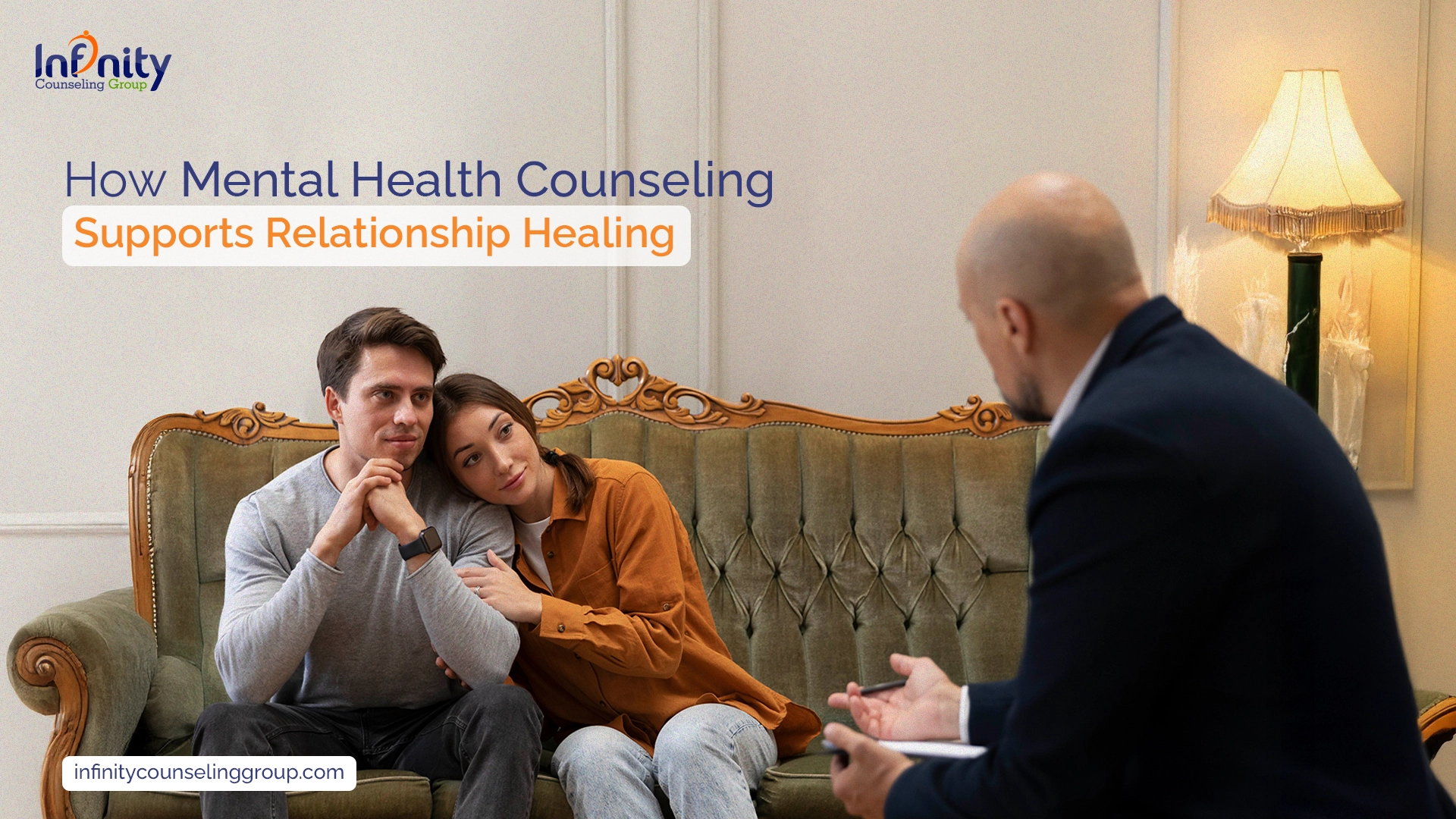
Introduction
Relationships, whether romantic, familial, or platonic, are the emotional bedrock of our lives. When these vital connections falter, our mental well-being often suffers. In today’s fast-paced and emotionally demanding world, more couples and families are seeking clinical mental health counseling to navigate conflict, rebuild trust, and rediscover connection. This structured, evidence-based approach offers a compassionate and transformative path toward healing.
The Role of Clinical Mental Health Counseling in Relationships
Clinical mental health counseling is a professional service provided by licensed therapists trained to address emotional, psychological, and relational challenges. These counselors guide individuals, couples, and families through:
- Emotional regulation and self-awareness: Learning to understand and manage one’s feelings.
- Communication skill-building: Developing healthier and more effective ways to interact.
- Empathy development and conflict resolution: Fostering understanding and constructive ways to resolve disagreements.
Importantly, this isn’t just individual work; relational healing is a central focus. Whether you’re navigating trauma, disconnection, or chronic tension, counseling offers a safe space to unpack and rebuild.
Couples Therapy: Rebuilding Trust and Communication
Couples therapy is an anchor of relationship rehabilitation, assisting partners in:
- Resolve persistent conflicts.
- Rebuild after betrayal or adultery.
- Overcome communication breakdowns.
For instance, a couple with post-affair tension started therapy at Infinity Counseling Group. With guided sessions based on vulnerability and accountability, not only were they restored to complete trust, but they now co-lead a local support group for couples recovering from betrayal.
Infinity Counseling Group has expertise in evidence-based couples therapy and employs modalities such as Emotionally Focused Therapy (EFT) and the Gottman Method to effect long-term change.
Family Counseling: Healing Generational or Ongoing Tensions
Family counseling addresses complex dynamics, such as:
- Parent-child conflict.
- Sibling rivalry.
- Generational trauma and disconnect.
The benefits include:
- Improved communication and emotional safety.
- Harmonious co-parenting strategies.
- Greater intergenerational understanding.
Infinity Counseling Group’s therapists help families move from dysfunction to connection, often using systemic approaches that honor each member’s voice.
Individual Work That Benefits Relationships
Sometimes, the key to relational healing starts from within. Individual therapy helps clients:
- Understand personal triggers and attachment styles.
- Develop emotional regulation skills.
- Break cycles of self-sabotage or avoidance.
This individual work complements both couples and family counseling, creating a ripple effect of healthier interactions and more profound empathy within relationships.
Why Choose a Mental Health Clinic Like Infinity Counseling Group
Infinity Counseling Group offers:
- A team of licensed experts in clinical mental health counseling.
- Trauma-informed care and non-judgmental support.
- In-person and teletherapy options for flexibility.
- Modalities including CBT, EMDR, mindfulness-based therapy, and more.
Their holistic approach ensures that every client receives care tailored to their unique needs and relational goals.
How to Get Started
Ready to take the first step towards healthier relationships?
- Book a free consultation or your first session today.
- Visit the contact page to explore services.
Whether you’re a couple, a family, or an individual, healing begins with one brave decision.
Conclusion
Therapy isn’t a last resort, it’s a proactive, powerful tool for relational growth. With the guidance of skilled professionals at Infinity Counseling Group, couples and families can move from conflict to connection, and individuals can rediscover their emotional strength.
FAQs
Depression, anxiety, and substance abuse are among the most prevalent mental health issues in men. These often go unrecognized due to cultural stigma and societal expectations around masculinity.
Many men fear being seen as weak or less masculine if they express emotional vulnerability. Social conditioning, lack of role models, and fear of judgment contribute to this silence.
Look for mood changes, irritability, withdrawal from social activities, difficulty concentrating, changes in sleep or appetite, and signs of substance misuse. Emotional flatness or anger outbursts can also be indicators.
